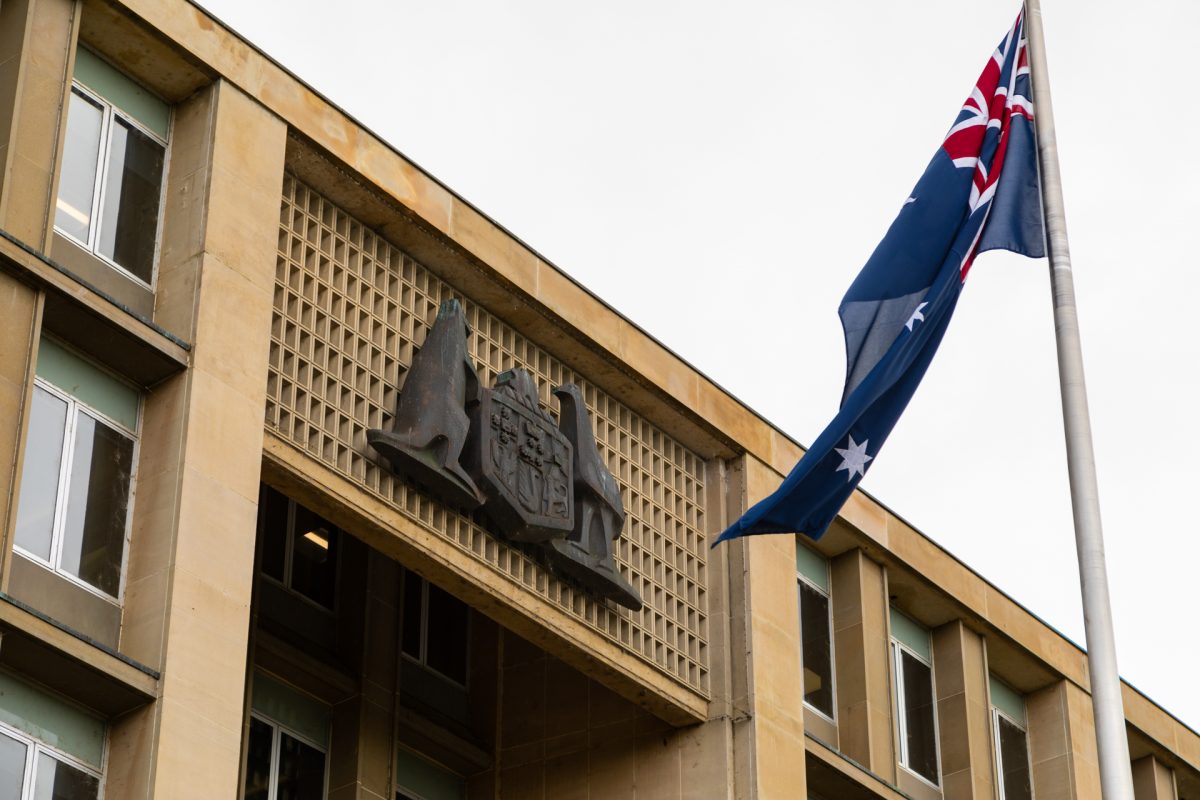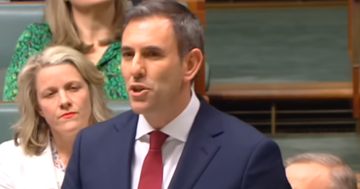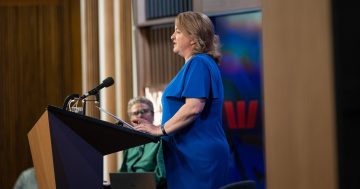
The pay rise applies to senior public servants, federal judicial and related offices, parliamentarians and other part-time Commonwealth offices. Photo: Michelle Kroll.
Federal politicians, judges and senior public servants will get a 2.75 per cent pay rise from 1 July, the first since 2019.
This will take a Member of Parliament’s base salary to $217,060, and the Secretary of Prime Minister and Cabinet to $939,610.
The Remuneration Tribunal said its decision came against a background of rising inflation and wages, and it had taken into account the fact that there had not been an increase in the preceding two years due to the pandemic.
But the Tribunal said that, more importantly, there was the need to attract and retain talented and capable people to these public offices.
“The Tribunal’s primary focus is to provide competitive and equitable remuneration that is appropriate to the responsibilities and experience required of the roles, and that is sufficient to attract and retain people of calibre,” the Tribunal said.
“Many of these officeholders do not expect or require that monetary compensation for their roles in the public sector be set at private-sector levels. Rather, officeholders serve for the public good and in setting remuneration, the Tribunal has traditionally set rates below those of the private sector.
“In reaching its decision, the Tribunal was mindful of its history of restrained increases over several years, including no increases since 1 July 2019.”
The Tribunal said new PM&C secretary Glyn Davis would receive the general increase of 2.75 per cent, the office being at Level 1, with remaining pay points set at 2.5, 5, 10, 15 and 20 per cent below that rate.
At Level 2, Treasury Secretary Steven Kennedy’s pay will rise to $916,120, with Level 3 Paypoint 1 at $892,630, Level 3 Paypoint 2 at $845,650, Level 4 Paypoint 1 at $798,670 and Level 4 Paypoint 2 at $751,690.
Level 3 Departments are Agriculture, Fisheries and Forestry; Climate Change, Energy, the Environment and Water; Defence; Education, Employment and Workplace Relations; Finance; Foreign Affairs and Trade; Health and Aged Care; Home Affairs; Industry, Science and Resources; Infrastructure, Transport, Regional Development,
Communications and the Arts; and Social Services.
Level 4 Departments are Attorney-General’s and Veterans’ Affairs.
The Tribunal said it had considered the Federal Government’s Budget outlook as well as the general economic conditions, including private and public sector pay.
In the year to March, public sector wages grew 2.2 per cent annually, 2.4 per cent in the private sector and 2.4 per cent overall, compared with the 2021 figures of 1.5 per cent in the public sector, 1.4 per cent in the private sector and 1.5 per cent overall.
In 2020, the Morrison Government tied public servants’ pay to the private sector at a time when wage growth had tanked. Public servants also endured a six-month wage freeze during the pandemic.
That pay policy is still in place, but under the new Labor Government, it is expected to change as part of a commitment to negotiate pay and conditions in good faith.
Labor has also promised to rebuild public service capability, reduce the number of consultants and contractors and cut waste.
The ruling affects senior public servants, federal judicial and related offices, parliamentarians and other part-time Commonwealth offices.
On Wednesday (15 June), the Fair Work Commission awarded 2.7 million low-paid workers a 5.2 per cent pay rise, in line with inflation, worth around $40 a week.




















